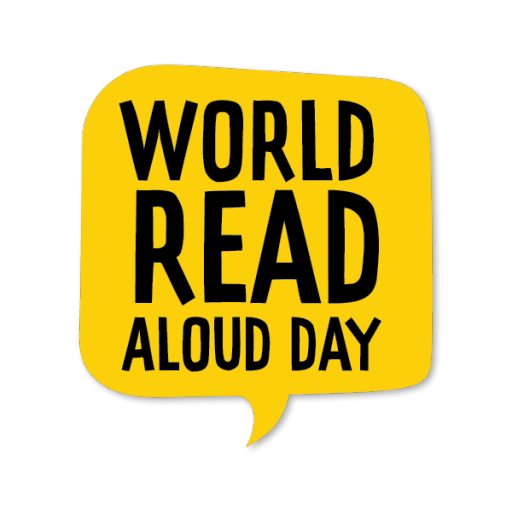World Read Aloud Day, recognized on February 1, motivates children, teens, and adults to celebrate the power of words. This global literacy movement is about taking action to show the world that the right to read and write belongs to all people.
Celebrate World Read Aloud Day by grabbing a favorite text and reading out loud. Have students bring in (or look up on tablet or device) their favorite book, magazine, script, blog post, newspaper article, or other text. Ask each student to choose an excerpt to read to the class. Additionally, hold a classroom discussion about the power of literacy and the fact that, worldwide, at least 793 million people remain illiterate.
Spread the power of reading by doing one of the following activities in the classroom:
EDUCATE – Have several read alouds in the classroom throughout the day and talk together about the importance of global literacy, marking this as a special day of reading!
ADVOCATE – Spread the word about World Read Aloud Day and the Global Literacy Movement within the school by hosting a school-wide read-aloud event. Make posters in the classroom advertising and informing the school and community about the event. Construct bookmarks with students with information about the day and tips for reading aloud to their peers.
INNOVATE – Share World Read Aloud Day by creating public service announcements and share students’ projects using video chat, blogs, Glogster, and websites.
World Read Aloud Day asks everyone to celebrate the day by grabbing a book, finding an audience, and reading out loud. What will you do to celebrate?
Curious about the NCTE and Library of Congress connection? Through a grant announced by NCTE Executive Director Emily Kirkpatrick, NCTE is engaged in ongoing work with the Library of Congress, and “will connect the ELA community with the Library of Congress to expand the use of primary sources in teaching.” Stay tuned for more throughout the year!
It is the policy of NCTE in all publications, including the Literacy & NCTE blog, to provide a forum for the open discussion of ideas concerning the content and the teaching of English and the language arts. Publicity accorded to any particular point of view does not imply endorsement by the Executive Committee, the Board of Directors, the staff, or the membership at large, except in announcements of policy, where such endorsement is clearly specified.

